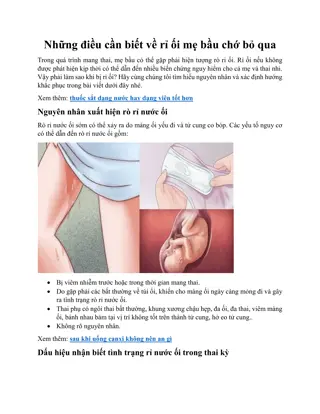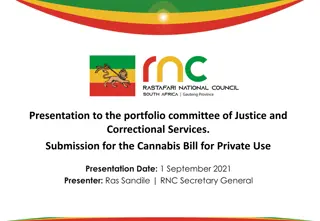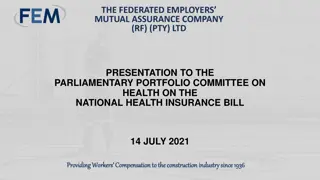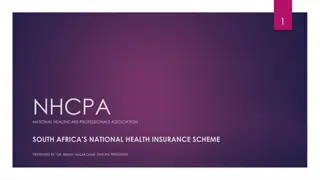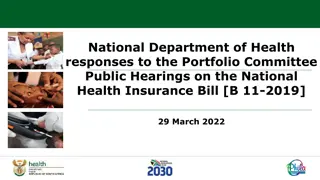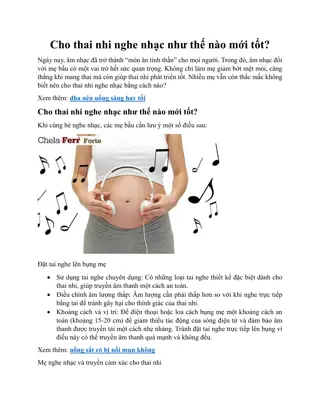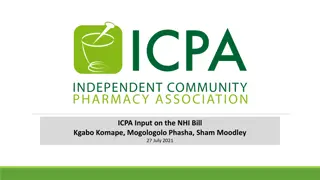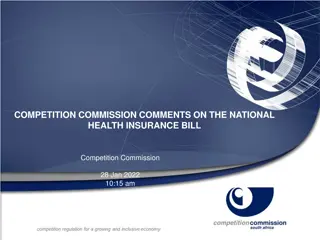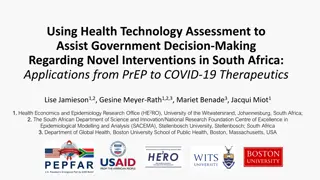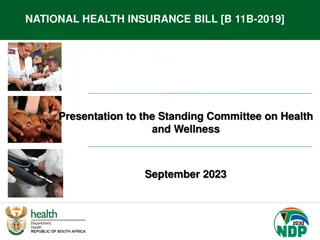Progress of the National Health Insurance (NHI) Bill in South Africa
The National Health Insurance (NHI) Bill in South Africa is currently under consideration by the National Assembly's Portfolio Committee. Public hearings and submissions have been ongoing since 2019, with disruptions due to COVID-19. The process is expected to be completed by the end of 2021, with proposed amendments to be provided to Parliament.
Download Presentation

Please find below an Image/Link to download the presentation.
The content on the website is provided AS IS for your information and personal use only. It may not be sold, licensed, or shared on other websites without obtaining consent from the author.If you encounter any issues during the download, it is possible that the publisher has removed the file from their server.
You are allowed to download the files provided on this website for personal or commercial use, subject to the condition that they are used lawfully. All files are the property of their respective owners.
The content on the website is provided AS IS for your information and personal use only. It may not be sold, licensed, or shared on other websites without obtaining consent from the author.
E N D
Presentation Transcript
Bhekisisa webinar National Health Insurance Wednesday 28 July 2021
Introduction to some key issues 1. Where is the NHI Bill in the process? 2. What is the timeline for the NHI (given COVID-19)? 3. What has COVID-19 taught us about the challenges and solutions for the NHI? 4. What has the vaccine roll-out specifically taught us about: procurement processes; the public and private sector jointly rolling out a programme; and public health strategies? 5. What has PPE corruption taught us about the procurement processes we need for the NHI to prevent corruption? 2
Where is the NHI Bill in the process? The Bill was introduced to Parliament in August 2019 and is currently under consideration by the National Assembly's Portfolio Committee 1. The Portfolio Committee invited stakeholders and interested parties to submit written submissions on the Bill from 30 August to 29 December 2019 2. Public hearings on the bill were carried out: Mpumalanga from 25-28 October 2019 Northern Cape from 1-4 November 2019 Limpopo from 15-18 November 2019 KwaZulu-Natal from 22-25 November 2019 Eastern Cape from 29 November-02 December 2019 Hearings in the remaining provinces Gauteng, Western Cape, Free State and North West - were concluded in 2020 3. Covid-19 disrupted the completion of the process from March 2020 4. It is reported that over 64 000 written submissions were received, mostly short but 130 substantial 3
Where is the NHI Bill in the process? 5. Public hearings are currently under way: 18 May 2021: National Health Insurance (NHI) Bill: public hearings day 1 19 May 2021: National Health Insurance (NHI) Bill: public hearings day 2 20 May 2021: National Health Insurance (NHI) Bill: public hearings day 3 26 May 2021: National Health Insurance (NHI) Bill: public hearings day 4 01 June 2021: National Health Insurance (NHI) Bill: public hearings day 5 02 June 2021: National Health Insurance (NHI) Bill: public hearings day 6 15 June 2021: National Health Insurance (NHI) Bill: public hearings day 7 22 June 2021: National Health Insurance (NHI) Bill: public hearings day 8 23 June 2021: National Health Insurance (NHI) Bill: public hearings day 9 29 June 2021: National Health Insurance (NHI) Bill: public hearings day 10 30 June 2021: National Health Insurance (NHI) Bill: public hearings day 11 13 July 2021: National Health Insurance (NHI) Bill: public hearings day 12 14 July 2021: National Health Insurance (NHI) Bill: public hearings day 13 20 July 2021: National Health Insurance (NHI) Bill: public hearings day 14 21 July 2021: National Health Insurance (NHI) Bill: public hearings day 15 6. The Chairperson has indicated that the intention is to complete the process by the end of 2021 The department will be provided Parliament s comments for proposed amendments 7. There is still some way to go with the process 4
What is the timeline for the NHI (given COVID-19)? 1. Reform of the health system will take many years but has already started as various systems changes and strengthening activities proceed 2. Distinction between the NHI Fund as the financing mechanism and service reforms as the health system delivery mechanism make it easier to follow Health System Public reforms such as quality improvement programmes, infrastructure improvement, managerial autonomy, etc Private reforms in line with some recommendations from the HMI, certificate of need, etc Health financing reforms Adjustment of the PES formula inputs Establishment of the nucleus of the NHI office as a Branch in the NDOH Included is the reorganisation of the NDOH structure Creation and filling of NHI function specific posts Reorganisation and consolidation of NHI conditional grants Addressing private health insurance outside of the Medical Schemes Act Revision of the PMBs and single entry package 5
What has COVID-19 taught us about the challenges and solutions for the NHI? 1. Dual and divergent systems make it extremely difficult to respond in an agile way 2. Complex systemic arrangements and financing make data sharing for planning and management difficult 3. Countries with national systems are able to respond quicker to emergencies 4. Working together is not as difficult as it was thought 5. One common data base is essential to a coherent health system, examples of improvements are: DATCOV (tests, beds, cases) EVDS (vaccination) SVS (stock visibility) Will support portability of records and patient referrals 6
What has the vaccine roll-out specifically taught us about: procurement processes; the public and private sector jointly rolling out a programme; and public health strategies? Vaccines Single national procurement (contrary to some commentators) has been extremely important: o Global supply is complex and vaccine nationalism has compromised management of the pandemic across Africa o Price setting is extremely difficult in this space o Single No Fault Compensation Scheme and Fund o Common supply tracking limits fraud and corruption o Quality control is easier to manage (Import documentation, security, NCL, distribution and equitable access to vaccines) Requires commitment and close cooperation, setting aside of differences and vigilance Government and private sector have different and complementary roles, the challenges are when one tries to do the other s job 7
What has PPE corruption taught us about the procurement processes we need for the NHI to prevent corruption? Big lessons (and many small ones): PPE Opening the process and moving it out of health was not a good idea Central data bases make product quality control easier and price management better Office of Health Product Procurement and the envisaged essential product management in the NHI will stabilise demand and supply management We have witnessed human nature at its worst and best during this pandemic 8
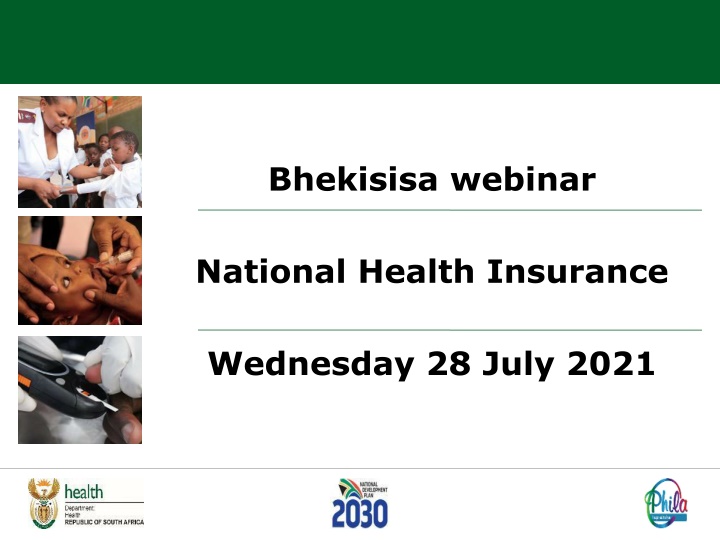


![Stakeholders' Responses to National Health Insurance Bill [B.11B-2019]: Overview](/thumb/69945/stakeholders-responses-to-national-health-insurance-bill-b-11b-2019-overview.jpg)

